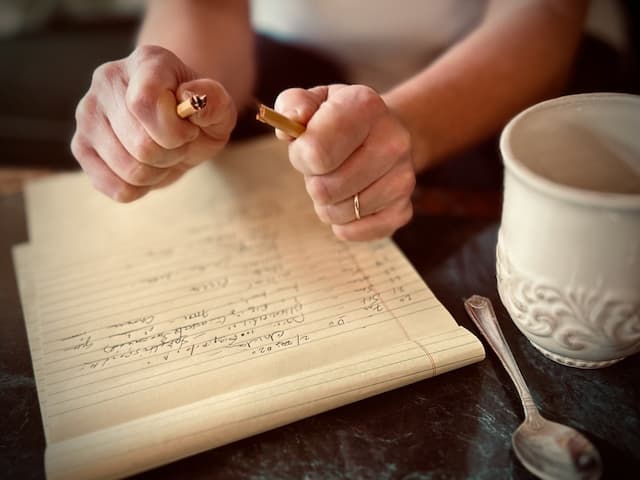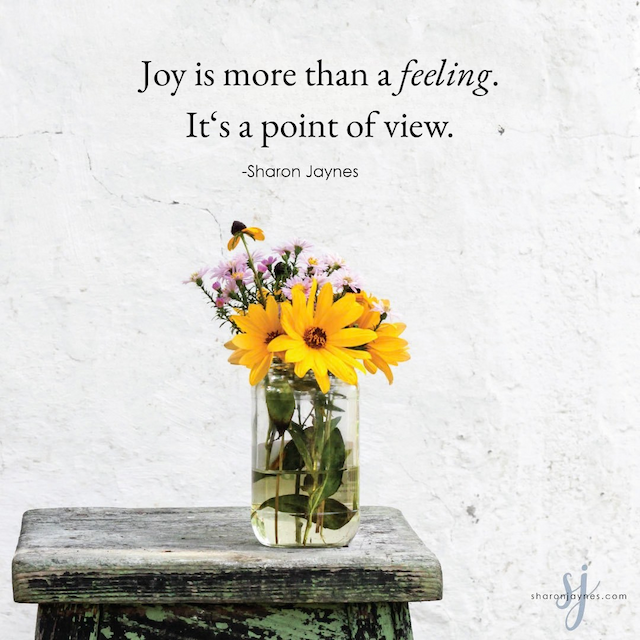
Is Someone Getting on Your Nerves?
When someone gets on your nerves, turn to the God who created your nerves as blessings.


When someone gets on your nerves, turn to the God who created your nerves as blessings.

I sat in the dimly lit room with soft music wafting through the air, and I began to relax. No this was not the prelude to a romantic evening with my husband. It was my yearly eye exam! If you’ve ever had an eye exam, you’re familiar with the refraction test the doctor uses to determine if you need glasses and if so, Read more...

Waiting can stir doubt, grief, and unspoken questions about whether God is really at work at all. This reflection explores how God works through waiting, tracing the lives of women in Genesis.

We all vent sometimes—but when does it cross the line into sin? Learn how your words and heart posture reveal the difference.